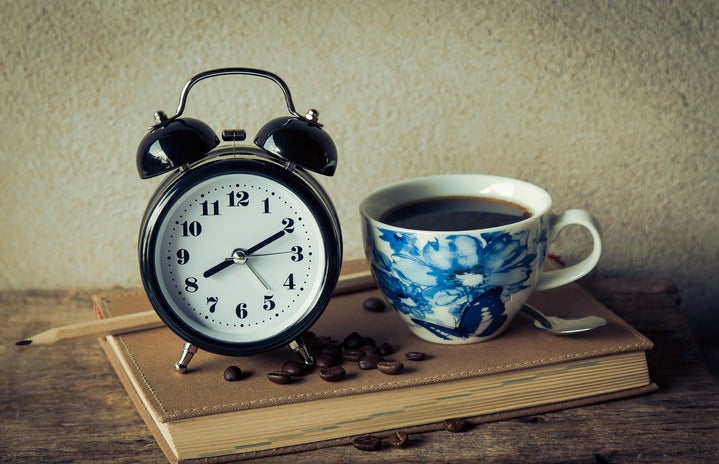You were probably scrolling on TikTok at 1 a.m. on Sunday when you noticed that instead of going to 2 a.m. our devices skipped straight to 3 a.m., that’s because daylight savings is finally among us.
For over 100 years, the United States has had a difficult relationship with the twice-annual daylight savings practice of either springing forward an hour or falling back. The practice is meant to give everyone more sunlight in the summer when most would prefer it.
But for the last couple of years, scientists, legislators and residents of various states nationwide have staunchly debated that the time change is doing more harm than good.
Arizona and Hawaii don’t follow Daylight Saving Time (DST) and instead operate on permanent standard time and several U.S. territories like Puerto Rico and the U.S. Virgin Islands follow suit.
Arizona specifically has been incredibly “smug,” as an AZ Central op-ed puts it, about the practice they omitted back in 1967.
“If we moved to DST, summer sunsets would occur an hour later, prolonging our heat-based agony,” the op-ed read. “If only someone would introduce the Daylight Spending Act, allowing us to move the clocks back an hour in May.”
Longer sunny days and therefore higher electric bills are not the only concerns daylight savings brings about, scientists have said the disruption to our internal clocks can be detrimental to our well-being.
According to TIME Magazine, the effects range from poor sleep, lower productivity, mood changes, weight gain, heart disease and more.
Dr. Rachana Kulkarni, the regional director of cardiovascular services for RWJBarnabas Health and director of its Women’s Heart Center told PEOPLE Magazine that the problem explicitly lies in the disruption of our circadian rhythms which is the official term for what we call an internal clock.
“The whole body and its basic metabolic function gets affected,” Kulkarni said to PEOPLE.
X, formerly known as Twitter, was also aflutter in anticipation of the loss of one hour.
One user joked, “ We lose an hour tonight like I even had that to give!” Another said, “Daylight savings pisses me off every time man, leave the clocks ALONE.”
The Sunshine Protection Act, sponsored by Floridan Republican senators Mark Rubio and Vern Buchanan, is a federal law that would make daylight savings permanent with no more changes twice a year. The act was approved unanimously by the Senate in 2022 and Rubio is now pushing Congress to act.
“It’s time to lock the clock. Floridians are sick of changing their clocks because we all want more sunshine,” current Flordia Senator Rick Scott said in a release. “It’s time for Congress to act and I’m proud to be leading the bipartisan Sunshine Protection Act with Senator Rubio to get this done.”



